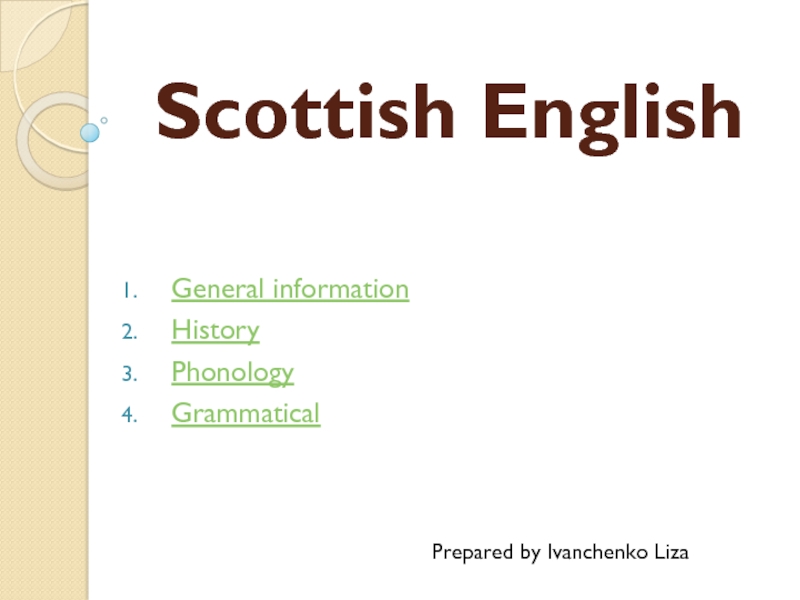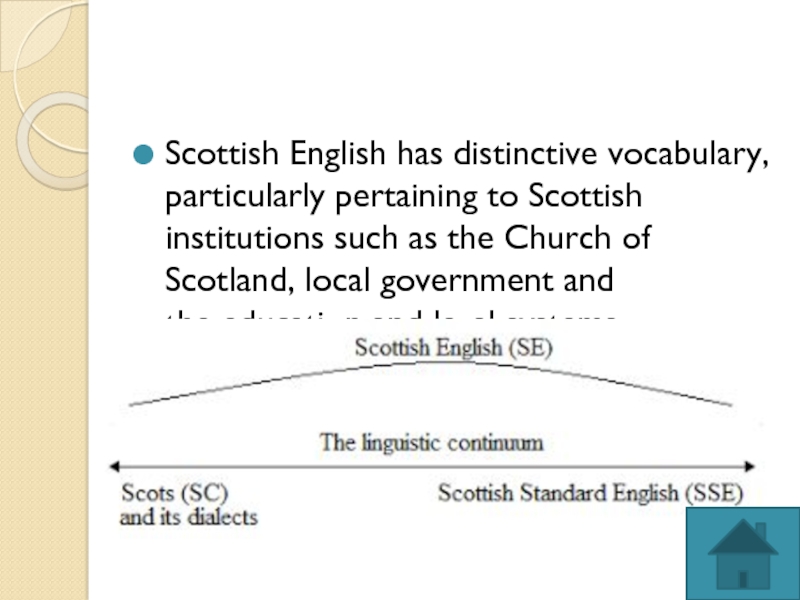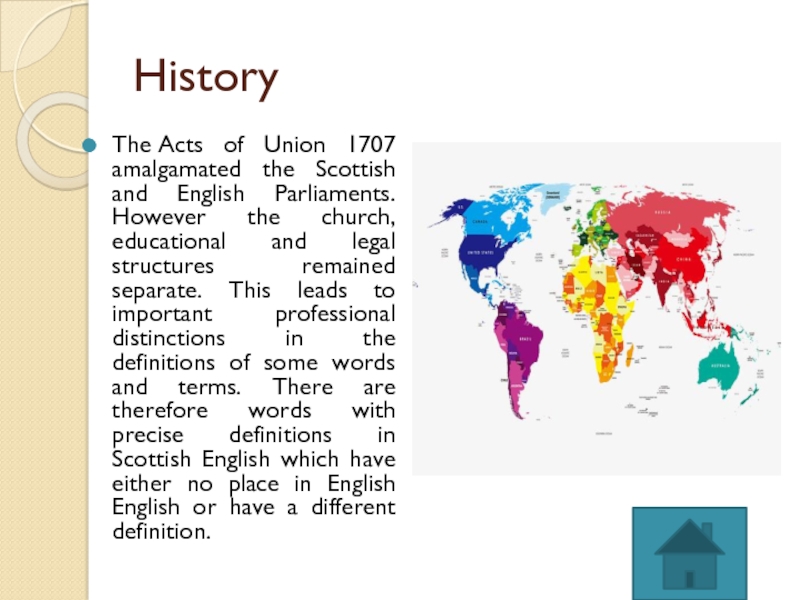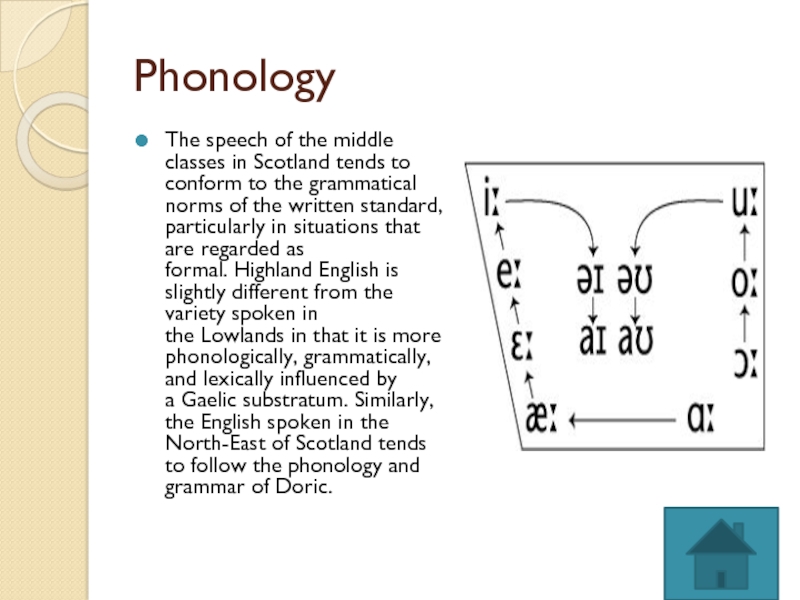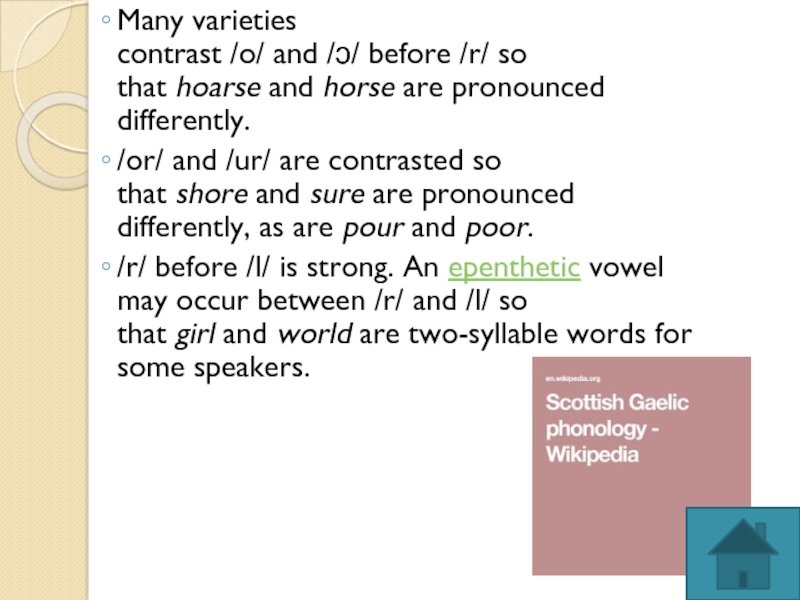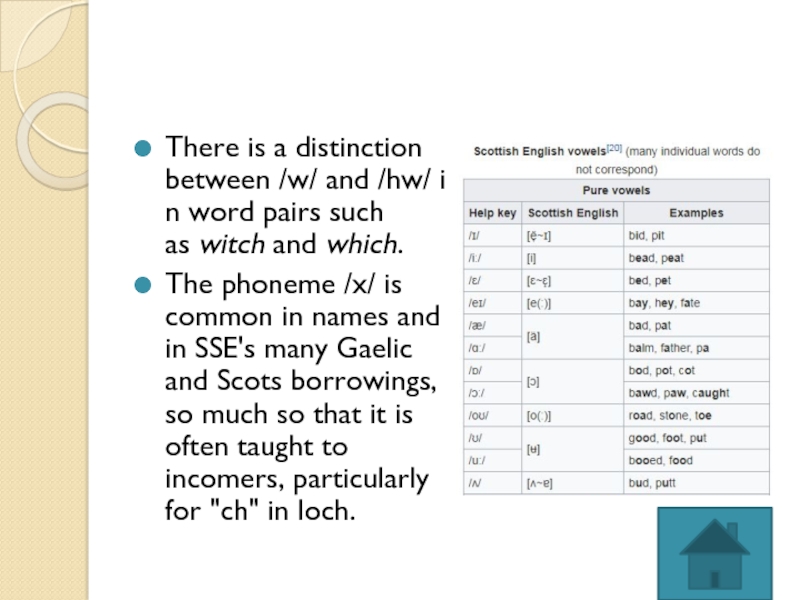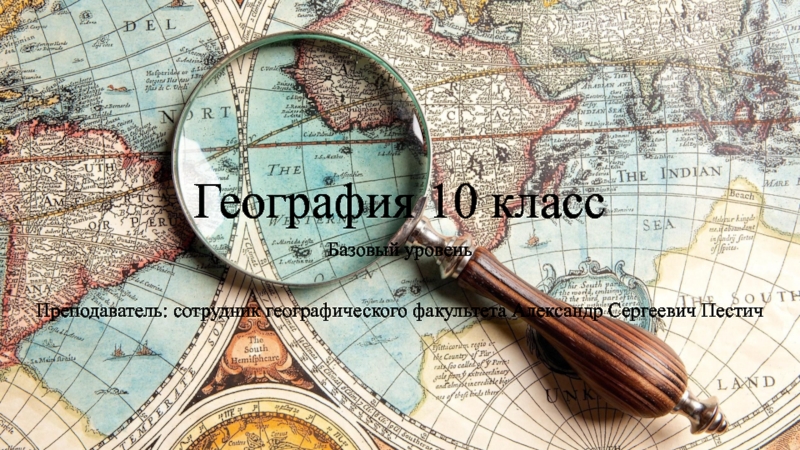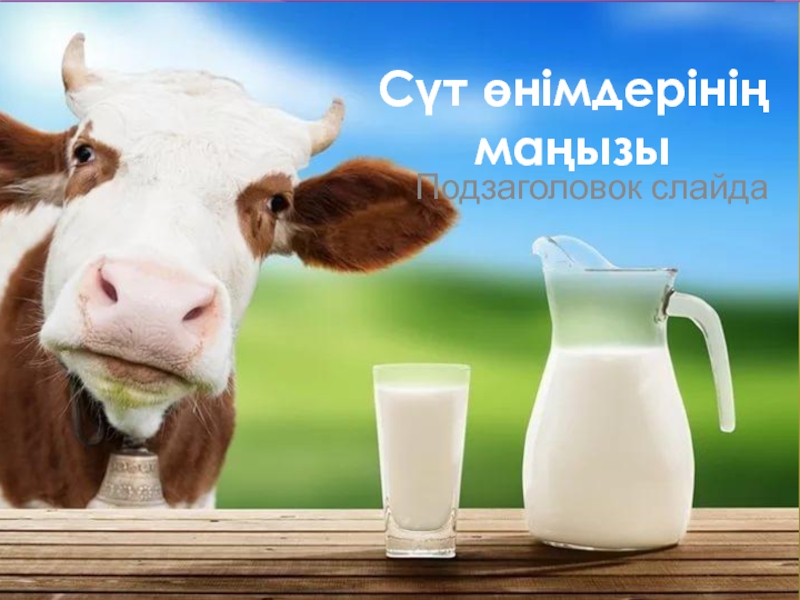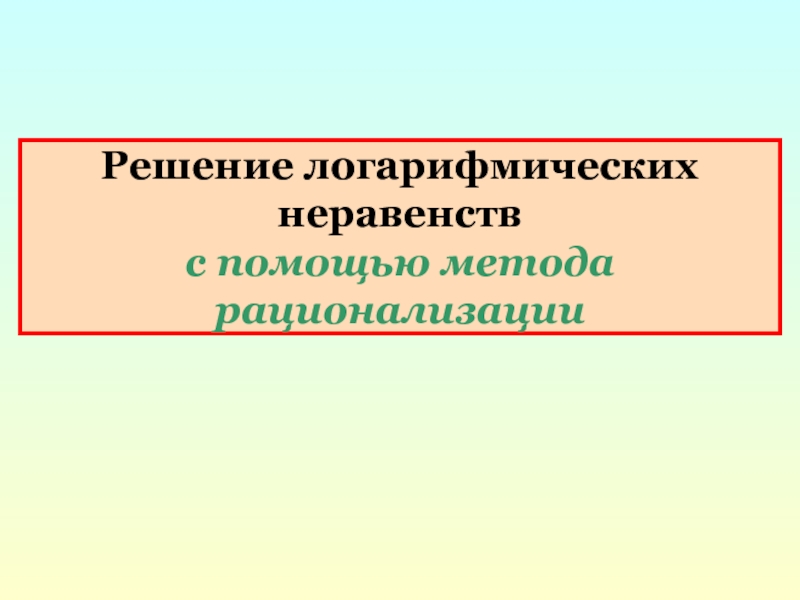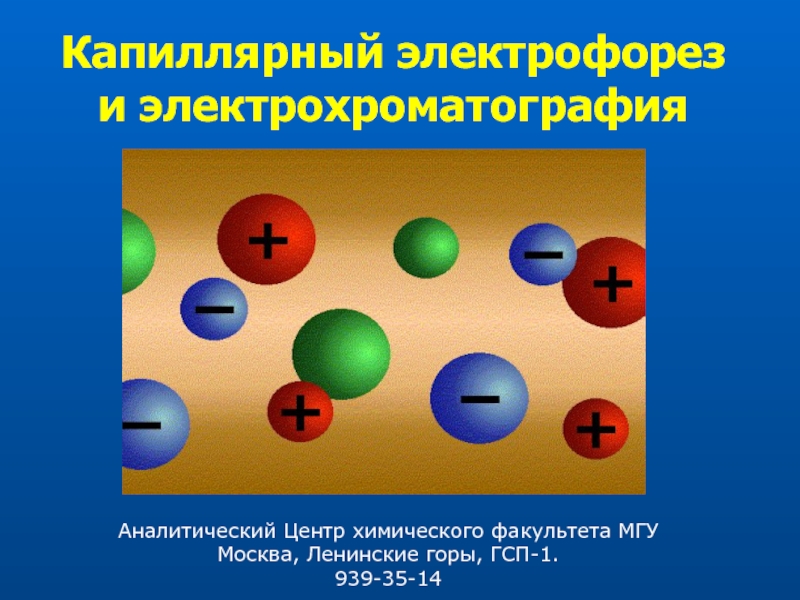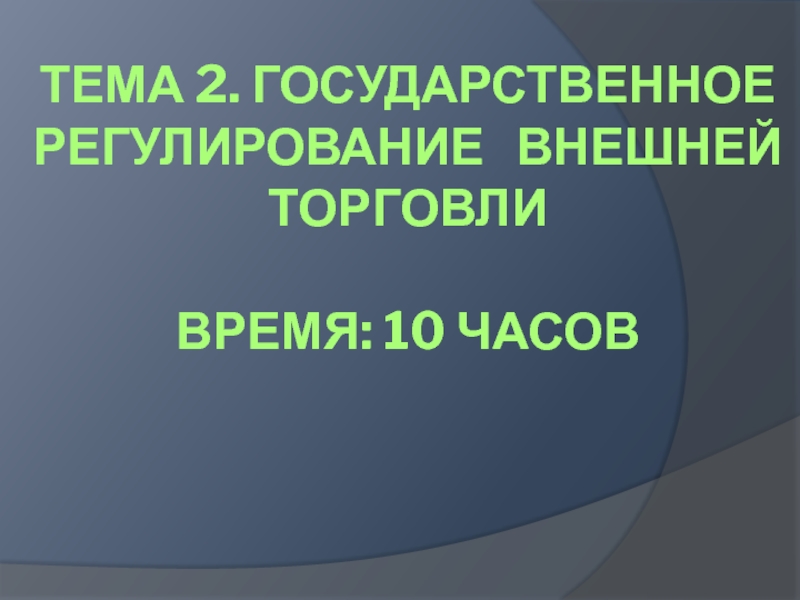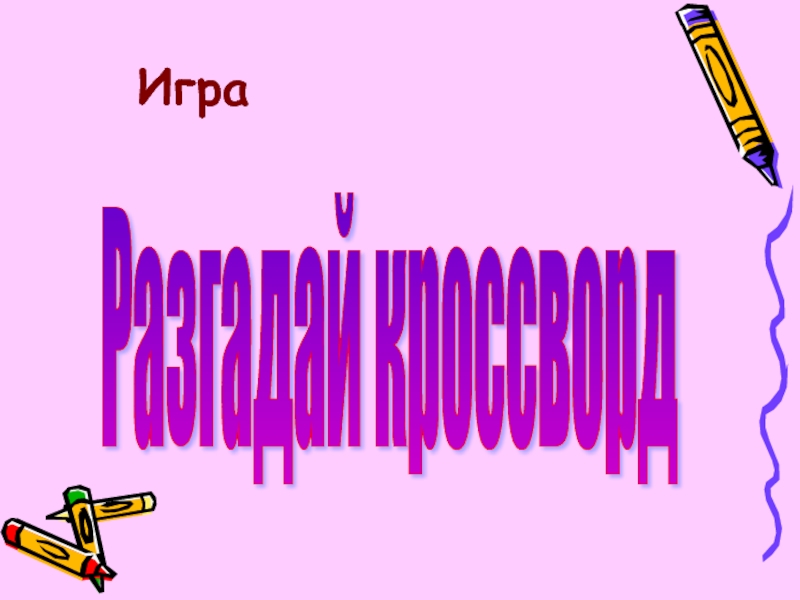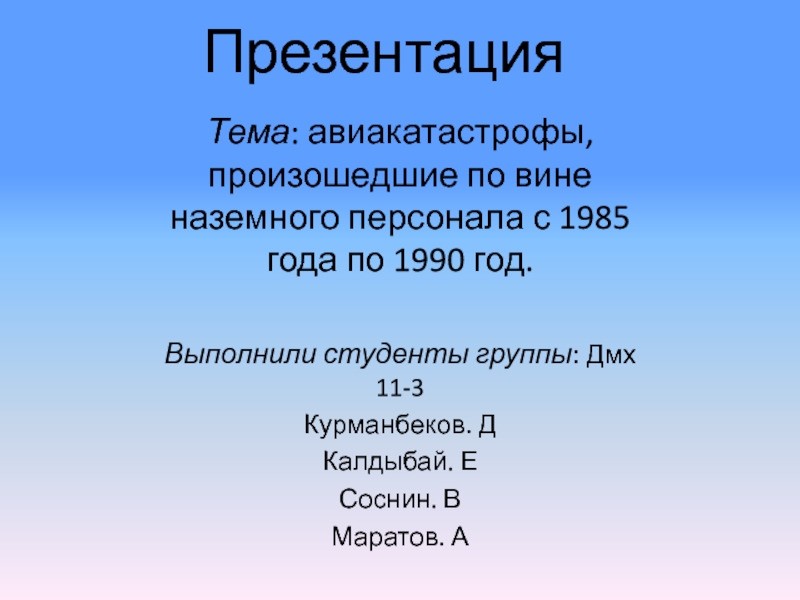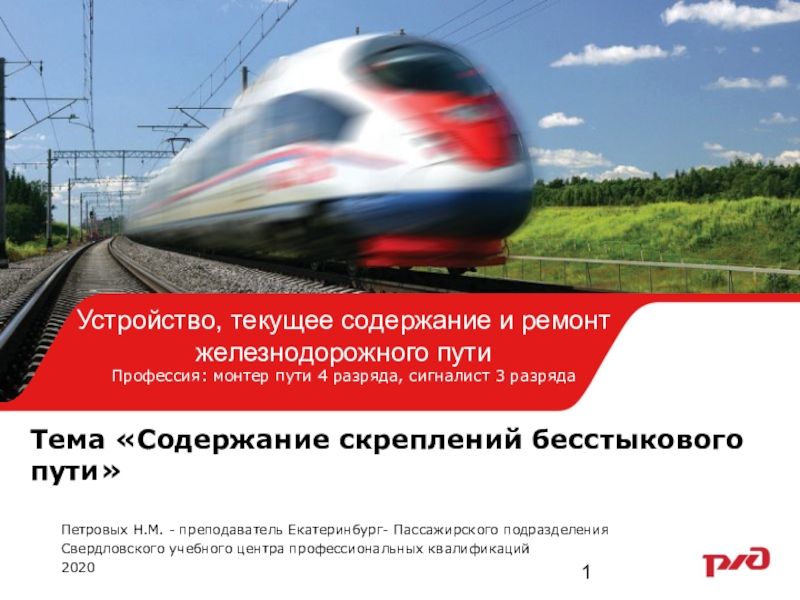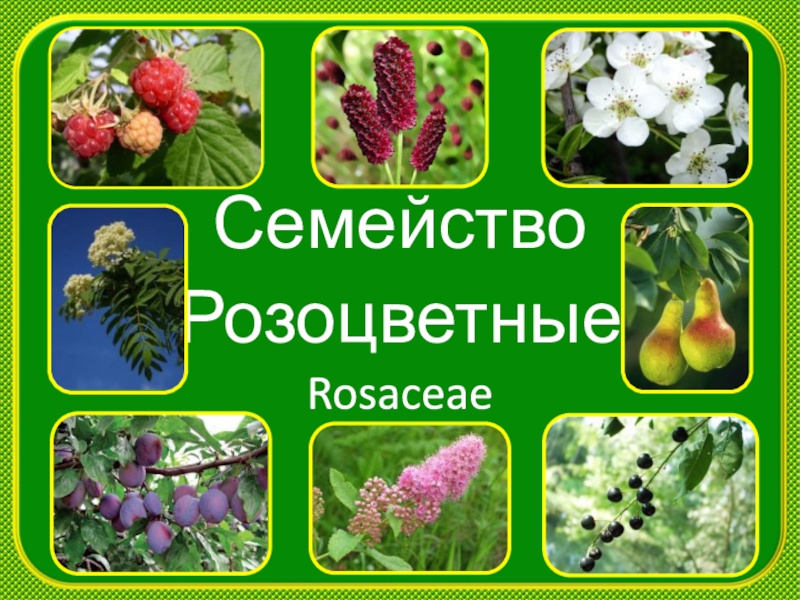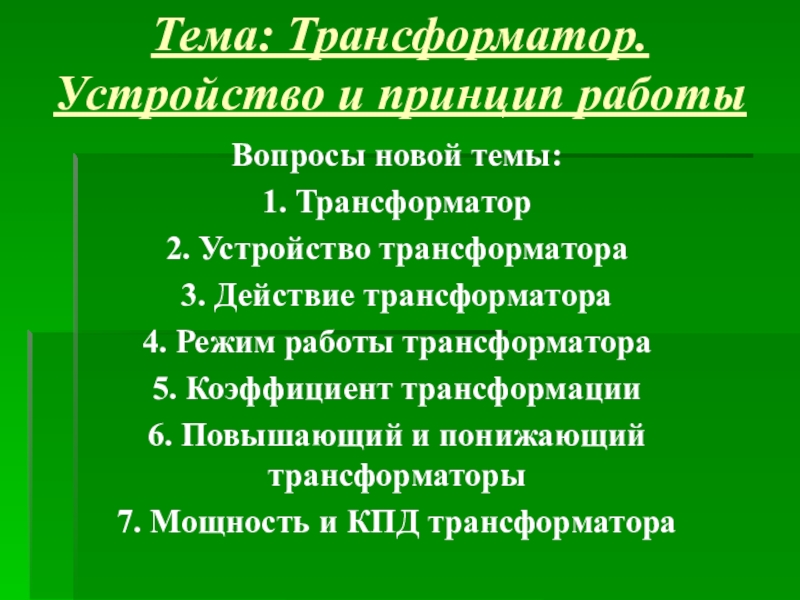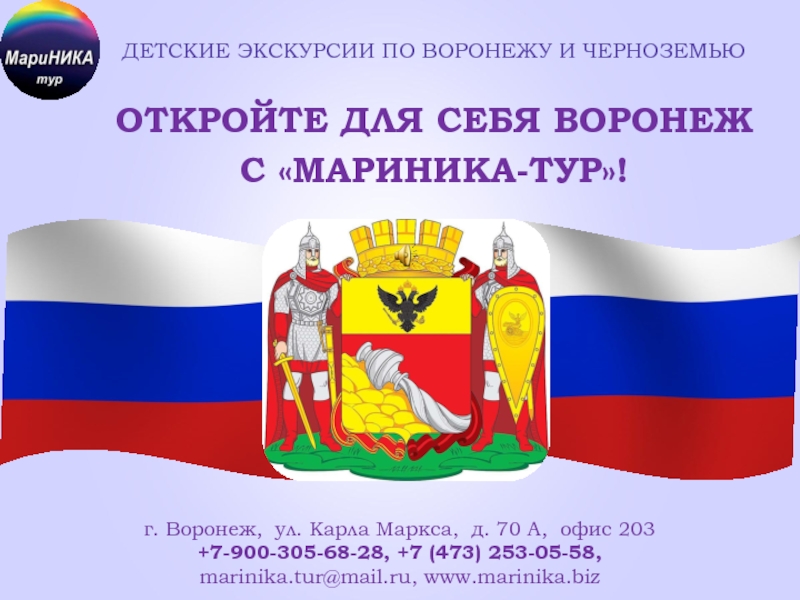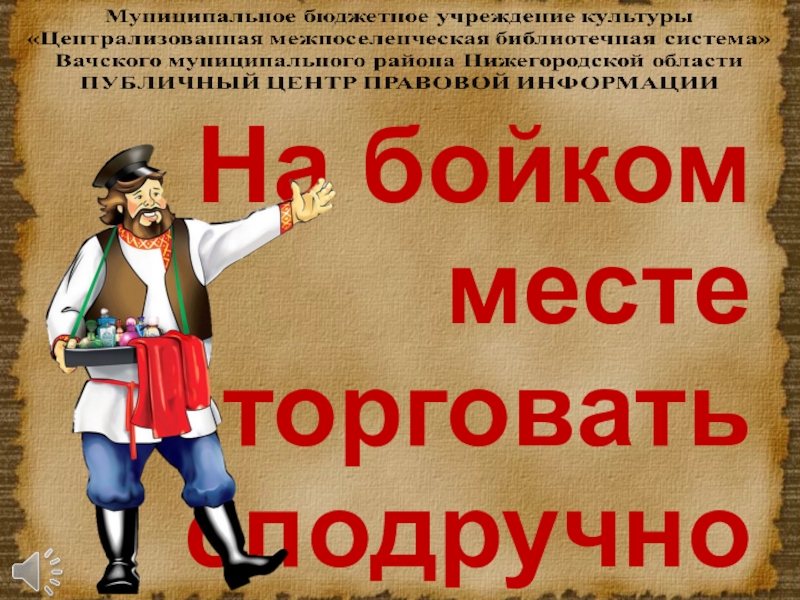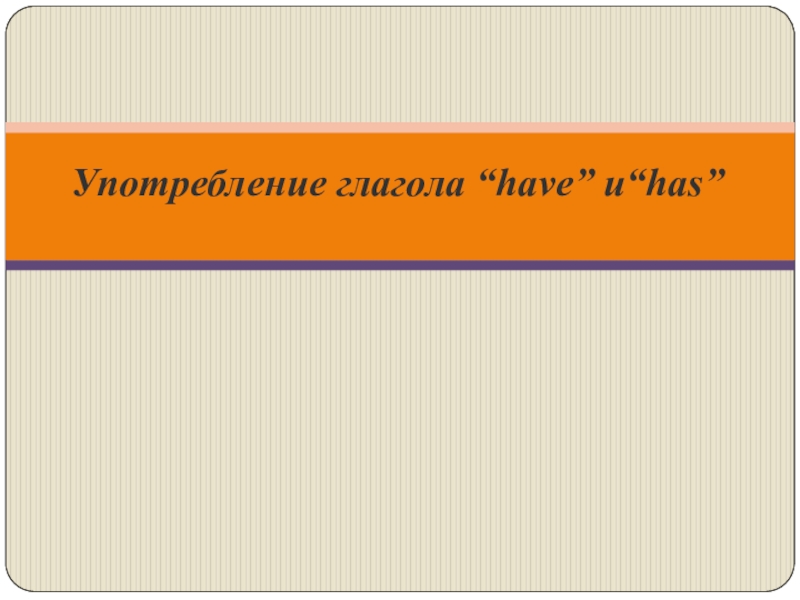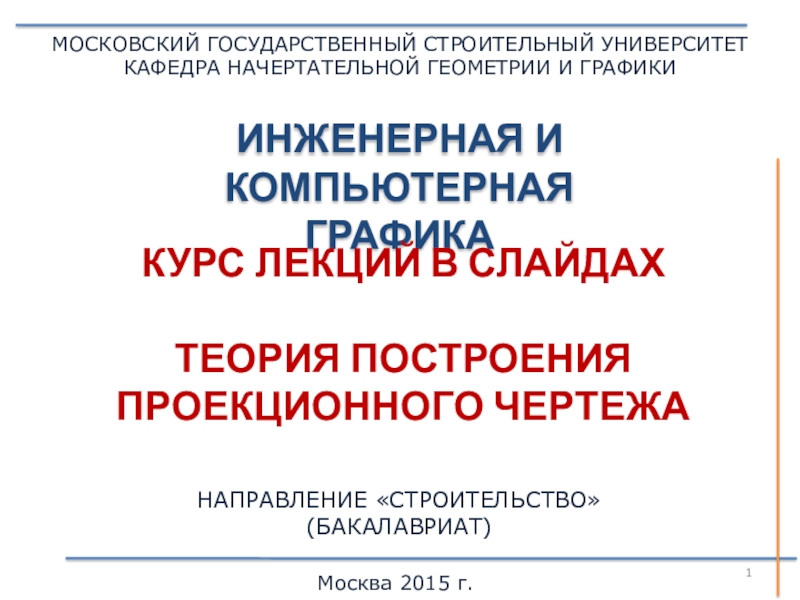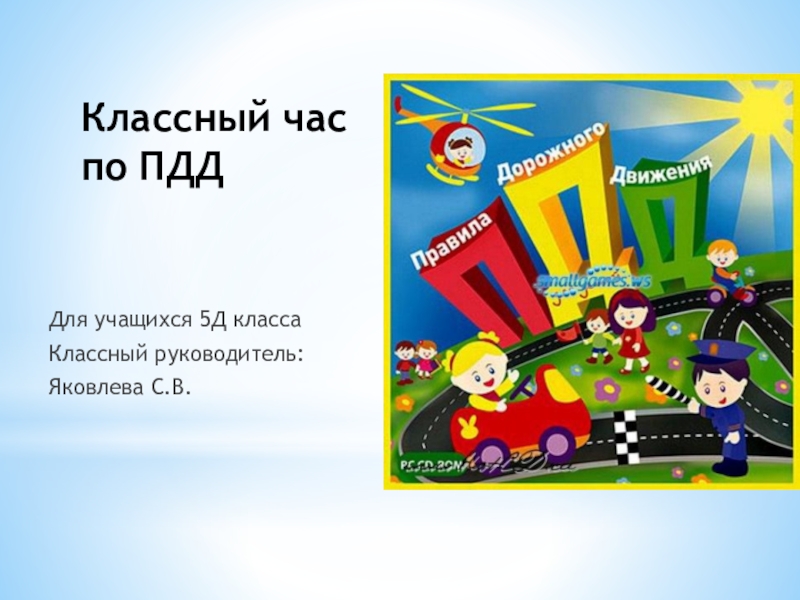Разделы презентаций
- Разное
- Английский язык
- Астрономия
- Алгебра
- Биология
- География
- Геометрия
- Детские презентации
- Информатика
- История
- Литература
- Математика
- Медицина
- Менеджмент
- Музыка
- МХК
- Немецкий язык
- ОБЖ
- Обществознание
- Окружающий мир
- Педагогика
- Русский язык
- Технология
- Физика
- Философия
- Химия
- Шаблоны, картинки для презентаций
- Экология
- Экономика
- Юриспруденция
Scottish English
Содержание
- 1. Scottish English
- 2. The main, formal variety is called Scottish Standard English or Standard Scottish English (SSE).
- 3. Scottish Standard English may be defined as
- 4. Scottish English has distinctive vocabulary, particularly pertaining
- 5. Scottish Standard English is at one end
- 6. HistoryConvention traces the influence of the English
- 7. HistoryThe Acts of Union 1707 amalgamated the Scottish
- 8. PhonologyThe speech of the middle classes in
- 9. Scottish English is a rhotic accent, meaning /r/ is typically
- 10. Many varieties contrast /o/ and /ɔ/ before /r/ so that hoarse and horse are pronounced differently./or/ and /ur/ are contrasted
- 11. There is a distinction between /w/ and /hw/ in word pairs
- 12. Cot and caught are not differentiated in most Central Scottish
- 13. Grammatical The progressive verb forms are used
- 14. GrammaticalThe definite article tends to be used
- 15. GrammaticalIn colloquial speech shall and ought are scarce, must is marginal for obligation
- 16. Адрес почты
- 17. Скачать презентанцию
The main, formal variety is called Scottish Standard English or Standard Scottish English (SSE).
Слайды и текст этой презентации
Слайд 2The main, formal variety is called Scottish Standard English or Standard Scottish English (SSE).
Слайд 4Scottish English has distinctive vocabulary, particularly pertaining to Scottish institutions
such as the Church of Scotland, local government and the education and legal systems.
Слайд 5Scottish Standard English is at one end of a bipolar linguistic
continuum, with focused broad Scots at the other.
Scottish English may be influenced
to varying degrees by Scots. Many Scots speakers separate Scots and Scottish English as different registers depending on social circumstances.Some speakers code switch clearly from one to the other while others style shift in a less predictable and more fluctuating manner. Generally there is a shift to Scottish English in formal situations or with individuals of a higher social status.
Слайд 6History
Convention traces the influence of the English of England upon
Scots to the 16th-century Reformation and to the introduction of printing.
Printing arrived
in London in 1476, but the first printing press was not introduced to Scotland for another 30 years.Texts such as the Geneva Bible, printed in English, were widely distributed in Scotland in order to spread Protestant doctrine.
Слайд 7History
The Acts of Union 1707 amalgamated the Scottish and English Parliaments.
However the church, educational and legal structures remained separate. This
leads to important professional distinctions in the definitions of some words and terms. There are therefore words with precise definitions in Scottish English which have either no place in English English or have a different definition.Слайд 8Phonology
The speech of the middle classes in Scotland tends to
conform to the grammatical norms of the written standard, particularly
in situations that are regarded as formal. Highland English is slightly different from the variety spoken in the Lowlands in that it is more phonologically, grammatically, and lexically influenced by a Gaelic substratum. Similarly, the English spoken in the North-East of Scotland tends to follow the phonology and grammar of Doric.Слайд 9Scottish English is a rhotic accent, meaning /r/ is typically pronounced in the syllable
coda.
Although other dialects have merged non-intervocalic /ɛ/, /ɪ/, /ʌ/ before /r/ (fern–fir–fur merger), Scottish English
makes a distinction between the vowels in fern, fir, and fur.Слайд 10Many varieties contrast /o/ and /ɔ/ before /r/ so that hoarse and horse are pronounced differently.
/or/ and /ur/ are contrasted so that shore and sure are pronounced
differently, as are pour and poor.
/r/ before /l/ is strong. An epenthetic vowel may occur between /r/ and /l/ so that girl and world are two-syllable
words for some speakers. Слайд 11There is a distinction between /w/ and /hw/ in word pairs such as witch and which.
The phoneme /x/ is
common in names and in SSE's many Gaelic and Scots
borrowings, so much so that it is often taught to incomers, particularly for "ch" in loch.Слайд 12Cot and caught are not differentiated in most Central Scottish varieties, as they
are in some other varieties.
In most varieties, there is no /æ/-/ɑː/ distinction;
therefore, bath, trap, and palm have the same vowel.The happY vowel is most commonly /e/ (as in face), but may also be /ɪ/ (as in kit) or /i/ (as in fleece).
/θs/ is often used in plural nouns where southern English has /ðz/ (baths, youths, etc.); with and booth are pronounced with /θ/.
Слайд 13Grammatical
The progressive verb forms are used rather more frequently than
in other varieties of standard English, for example with some stative
verbs (I'm wanting a drink). The future progressive frequently implies an assumption (You'll be coming from Glasgow?).In some areas perfect aspect of a verb is indicated using "be" as auxiliary with the preposition "after" and the present participle: for example "He is after going" instead of "He has gone" (this construction is borrowed from Scottish Gaelic).
Слайд 14Grammatical
The definite article tends to be used more frequently in
phrases such as I've got the cold/the flu, he's at the school, I'm
away to the kirk.Speakers often use prepositions differently. The compound preposition off of is often used (Take that off of the table). Scots commonly say I was waiting on you (meaning "waiting for you"), which means something quite different in Standard English.
Слайд 15Grammatical
In colloquial speech shall and ought are scarce, must is marginal for obligation and may is rare. Here
are other syntactical structures:
What age are you? for "How old are
you?"My hair is needing washed or My hair needs washed for "My hair needs washing" or "My hair needs to be washed".[30]
I'm just after telling you for "I've just told you".
Amn't I invited? for Am I not invited?
Note that in Scottish English, the first person declarative I amn't invited and interrogative Amn't I invited? are both possible.
